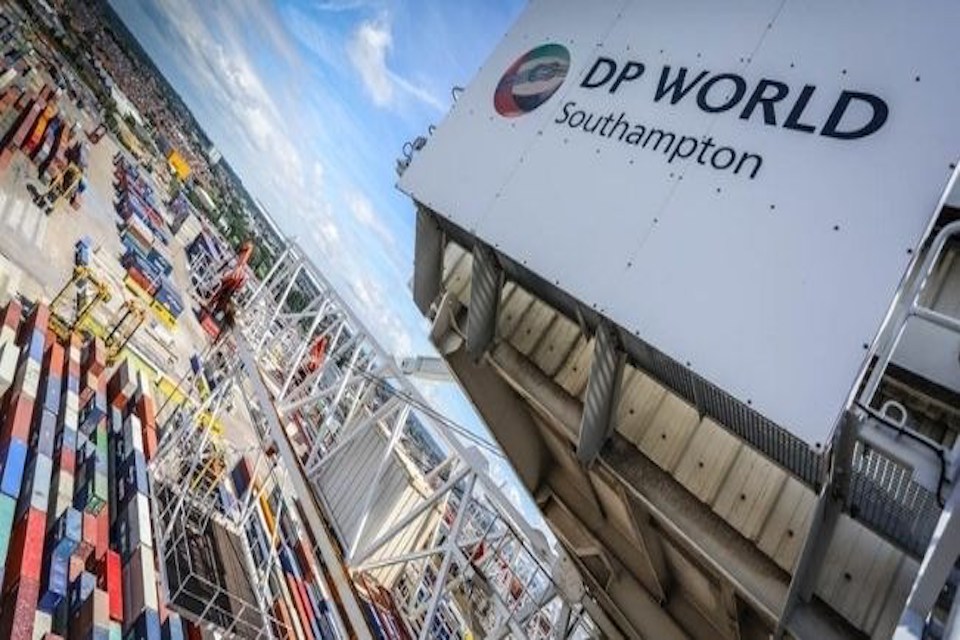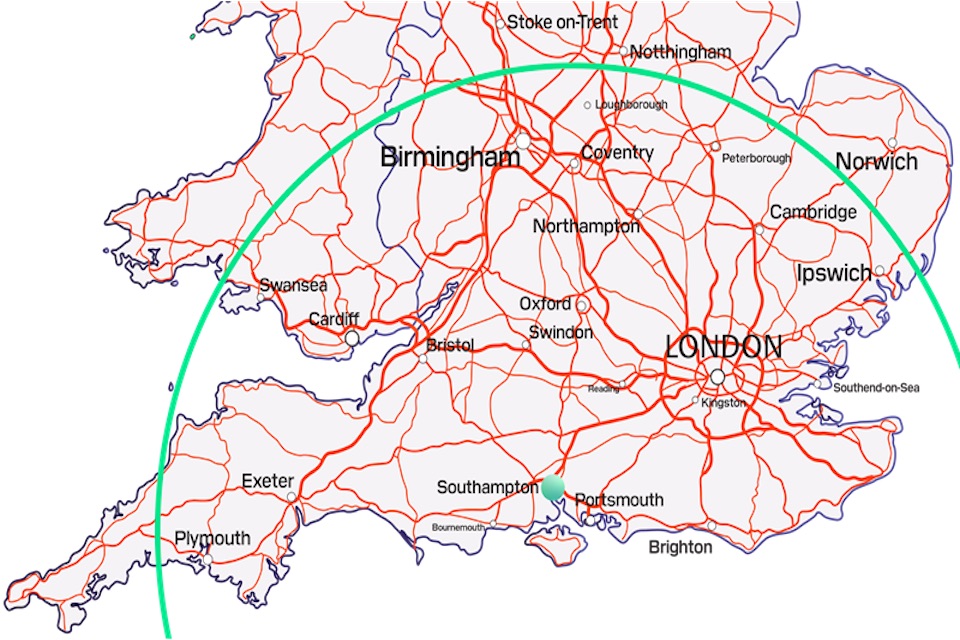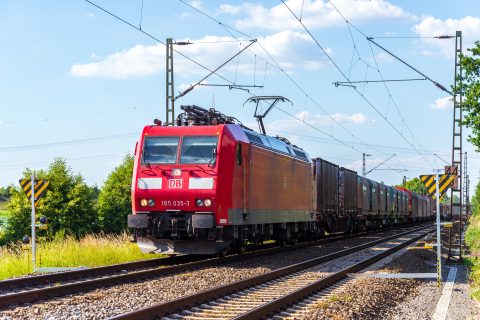Prospects for expanding the DP World Modal Shift Programme

Rail freight has been increasing its share at the Port of Southampton. The runaway success of the DP World Modal Shift Programme could claim to be largely responsible. The company has been applauded by the UK rail freight industry for the initiative. The wider logistics sector has cause to query the effects of a wider adoption of the scheme.
The rail freight share of onward traffic from Southampton has risen from a little more than a fifth to heading towards a third. The achievement is a feather in the cap for the operators of the Port of Southampton, DP World. A relatively modest financial incentive of seventy pounds (about 83 euros) has made a significant improvement towards sustainable rail freight shipping.
Encouraging the adoption of intermodal rail
DP World, the Emirates-headquartered global maritime facilities company, has a stated interest in tackling climate change while sustaining economic growth. The company is trialling their modal shift incentive at the Port of Southampton in an effort to drive sustainability in freight and logistics. Since September 2023, the scheme has been running to incentivise customers to transport inbound shipping containers via rail rather than road.
The company’s Modal Shift Programme introduced a modest but obviously compelling financial incentive aimed at encouraging the adoption of intermodal rail transportation. Since the trail began, Southampton has experienced something of a surge in rail freight share of forwarding, from 21 per cent to 27 per cent. Since the beginning of February, the financial incentive has been increased to one hundred pounds (about 117 euros).
Tailored to the UK and with a global future
The success of the trial has been particularly apparent in intermodal services to the English Midlands and a reintroduced daily service from Southampton to South Wales. This may be explained by a distance clause in the incentive programme. The cash reward is available for inland rail hauls of up to 140 miles (224km). This would appear to be tailored to the geography of Great Britain, and designed to avoid any abstraction of traffic from other ports.

By transitioning shipping containers from road to rail, DP World estimates that the programme could prevent approximately 30,000 metric tonnes of carbon dioxide emissions annually, surpassing three times the total emissions of its Southampton logistics hub.
Global future for incentive scheme
According to DP World, the increase in incentives not only provides customers with a financial boost but also aligns with their own sustainability ambitions. Furthermore, it supports the UK Government’s goal of achieving a 75 per cent growth in freight carried by rail by 2050.
Beyond its UK hubs at Southampton and London Gateway, DP World has a global network active in 78 countries. The multi-national operation has committed itself to becoming net-zero carbon by 2040. The trial incentives scheme at Southampton would seem to have a place in DP World’s global plans.





